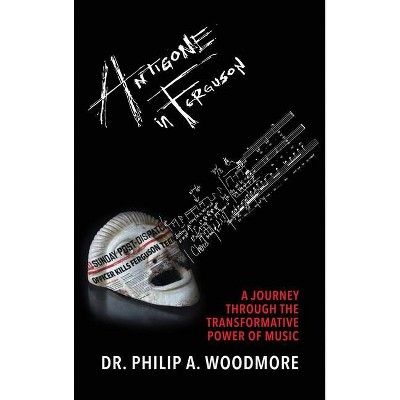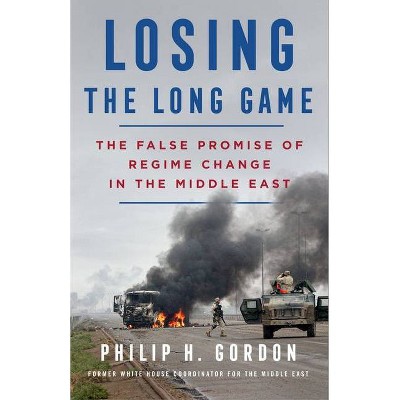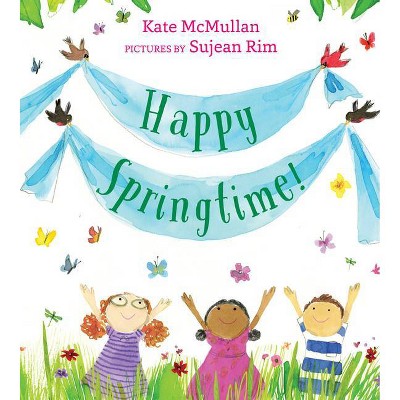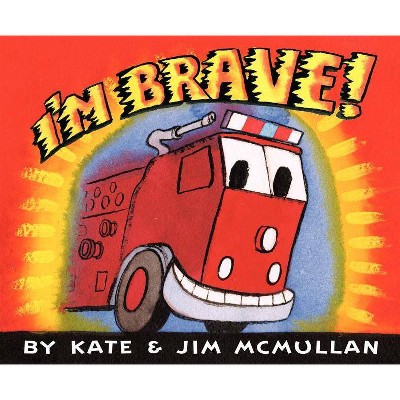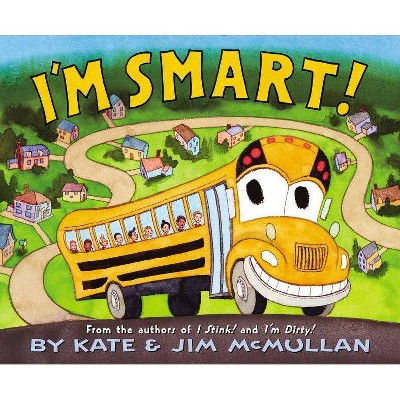Antipodal Shakespeare - by Gordon McMullan & Philip Mead & Ailsa Grant Ferguson (Hardcover)
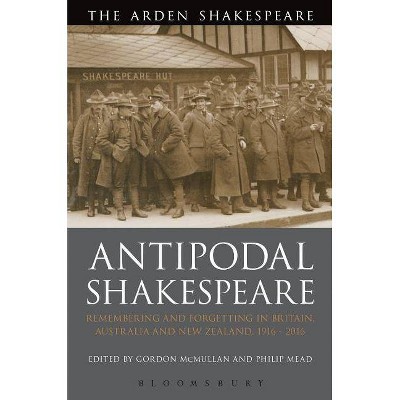
Similar Products
Products of same category from the store
AllProduct info
<p/><br></br><p><b> About the Book </b></p></br></br>"In this collaborative monograph, five scholars from Britain, Australia and New Zealand reflect on the modes of commemoration of Shakespeare in and after the Tercentenary year, 1916, in two hemispheres. They argue that it was at this moment of remembering that 'global Shakespeare' first emerged in recognizable, if embryonic form. Despite a recent surge of interest in the Shakespeare Tercentenary, a great deal has been forgotten about this key moment in the history of the place of Shakespeare in national and global culture - much more than has been remembered. In addressing this the book offers new materials and discoveries about, and new interpretations of, the Tercentenary celebrations in Britain and in Australia and New Zealand, and reflects also on the long legacy of those celebrations"--<p/><br></br><p><b> Book Synopsis </b></p></br></br>Despite a recent surge of critical interest in the Shakespeare Tercentenary, a great deal has been forgotten about this key moment in the history of the place of Shakespeare in national and global culture - much more than has been remembered. This book offers new archival discoveries about, and new interpretations of, the Tercentenary celebrations in Britain, Australia and New Zealand and reflects on the long legacy of those celebrations.<br/> <br/>This collection gathers together five scholars from Britain, Australia and New Zealand to reflect on the modes of commemoration of Shakespeare across the hemispheres in and after the Tercentenary year, 1916. It was at this moment of remembering in 1916 that 'global Shakespeare' first emerged in recognizable form. Each contributor performs their own 'antipodal' reading, assessing in parallel events across two hemispheres, geographically opposite but politically and culturally connected in the wake of empire.<p/><br></br><p><b> Review Quotes </b></p></br></br><br>A short and poignant collection of essays about a conjunction of public remembrances...Taken together, they offer a powerful account of Shakespeare's role as a mnemonic juggernaut. - <i>Studies in English Literature 1500-1900</i><br><p/><br></br><p><b> About the Author </b></p></br></br><p><b>Gordon McMullan </b>is Professor of English at King's College London, UK. <p/><b>Philip Mead </b>is Chair of Australian Literature at the University of Western Australia, Australia. <p/><b>Ailsa Grant Ferguson </b>is Senior Lecturer in Early Modern Literature at the University of Brighton, UK. <p/><b>Mark Houlahan</b> is Senior Lecturer in the English Programme in the School of Arts at the University of Waikato, New Zealand. <p/><b>Kate Flaherty </b>is a lecturer in English and Drama at the Australian National University, Australia.</p>
Price History
Price Archive shows prices from various stores, lets you see history and find the cheapest. There is no actual sale on the website. For all support, inquiry and suggestion messagescommunication@pricearchive.us
